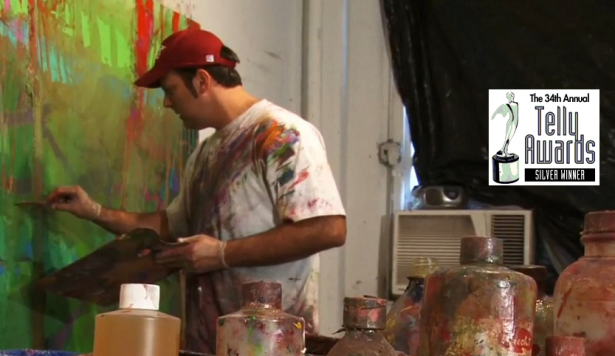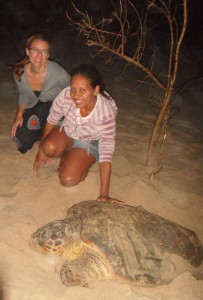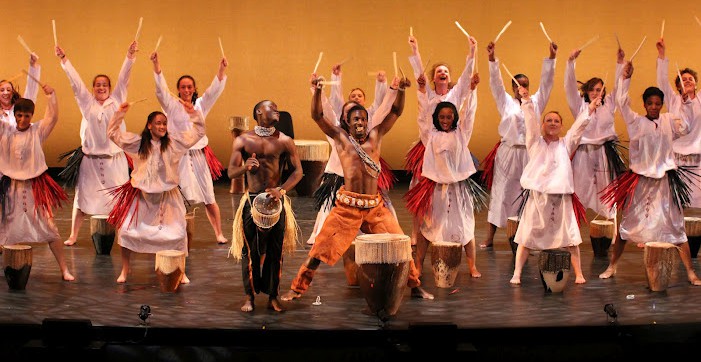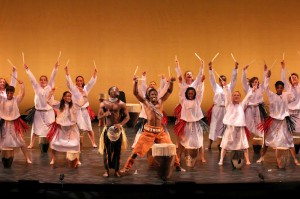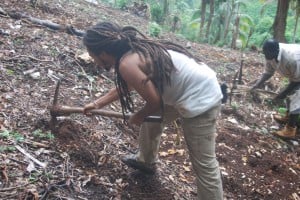
Justin Dunnavant, 2009-2010, Jamaica, (center) and Mr. Ricky (right) helping to cultivate a community farm in Portland, Jamaica
When I first applied for a Fulbright grant to Jamaica, I called on teachers, administrators, and Howard University’s alumni network for guidance. They were helpful in fine-tuning my study/research proposal and ensuring that I had a feasible plan. But perhaps the most invaluable piece of advice I received was to “expect the unexpected.” A thorough plan is definitely needed when conducting international research, but you need to make sure that it’s also flexible.
While studying in Jamaica, I divided my time between the University of West Indies and other institutions throughout Kingston. At the university, I enrolled in courses in Caribbean culture and historical archaeology, while participating in archaeological excavations on the historic Mona Plantation. In addition to the work I was doing at the university, I also ventured over to the national archives to gather more information on the slave trade from Madagascar to Jamaica, and to Liberty Hall, a community youth center, where I volunteered at an after-school program teaching math, reading, and history to students age five to fifteen.
After completing my research and teaching commitments, an opportunity arose to participate in a community project outside of Kingston during the final month of my Fulbright grant. At the invitation of two former American Civil Rights organizers, I took a trip to the parish of Portland. Now resident in Jamaica, the Civil Rights veterans helped establish the International School for Bottom-Up Organizing based on many of the same principles they learned as community organizers in the 1950s and 60s in the United States. At the local level, the organization is run by local youth and supervised by community elders to address social and economic issues. The social programs ranged from community discussions about gender relations to community organizing, and the economic ventures included workshops on fundraising, sustainable energy, and collaborative farming. I began working with the organization right after they had agreed to start a small-scale community farm to raise some funds.
The land was cleared and ready to till. After the long months I spent in the library and the classroom, it was good to be able to get some sun! Jamaica is famous for its rolling hills and mountainous landscape, which make for scenic views, but which can also pose problems for farming. Having absolutely no background in agriculture, working in Portland taught me a great deal about community and cultivation. We planted corn, cocoa, and various types of beans. In the process, I learned a few tricks of the trade, such as planting tree saplings perpendicular to the slope to secure their roots against the impact of heavy rains. At the end of the day, the seeds had been sown and our work concluded with a hearty lunch of curry chicken, rice, and boiled dumplings cooked on site.
The farm lasted about a year before the youth decided to switch to the more lucrative business of raising chickens and selling their eggs. While I originally went to Jamaica to study archaeology and history, I left with a greater appreciation and understanding for the hard work that goes into farming and developing a healthy community. The International School for Bottom-Up Organizing now carries out partner programs in Jamaica and Colombia creating mutual exchange opportunities between peoples of both countries.
Have questions for Justin? He can be contacted as a Fulbright Alumni Ambassador at JDunnavant.AlumniAmbassador@fulbrightmail.org.

